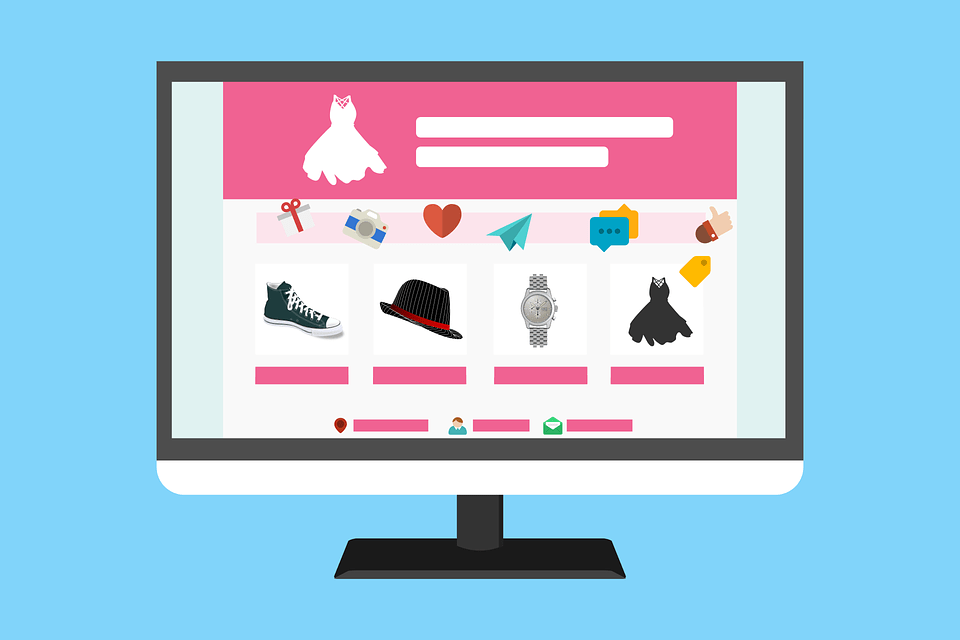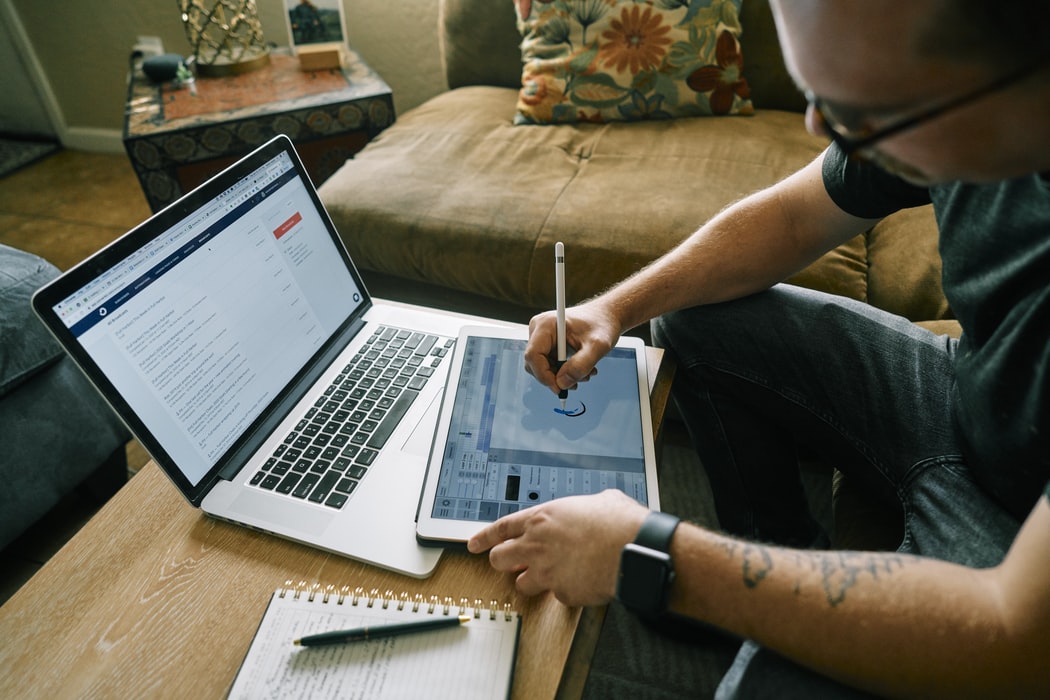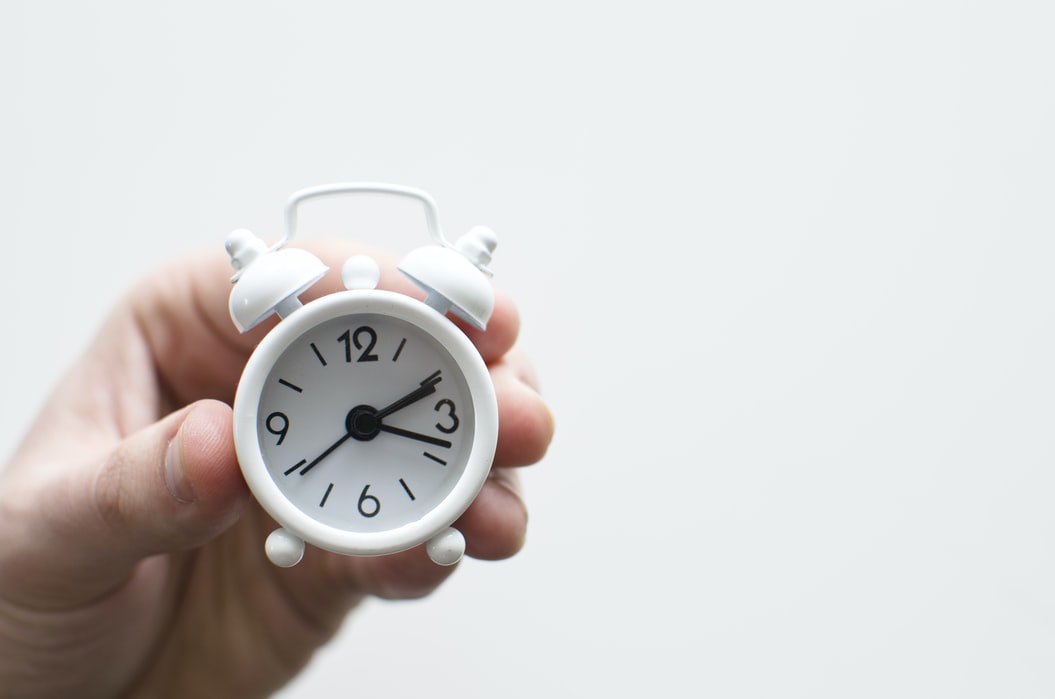8 Ways of Using Stock Photos to Elevate Your Brand
In today’s digital age, visuals have become a crucial element of effective branding. Studies show that it takes only 50 milliseconds for users to form an opinion about a website based on its visual appeal alone. This highlights the importance of using high-quality, relevant images to shape brand perception. Stock photos provide … Read more












